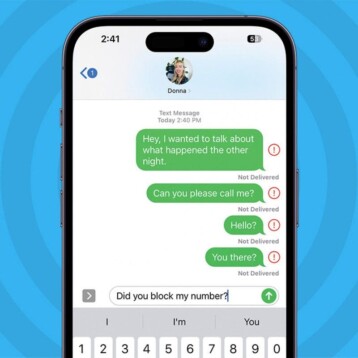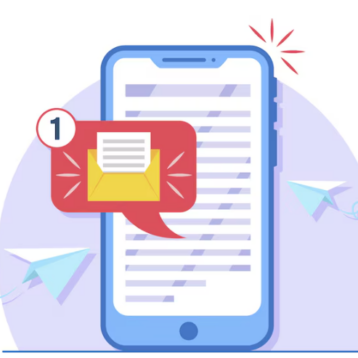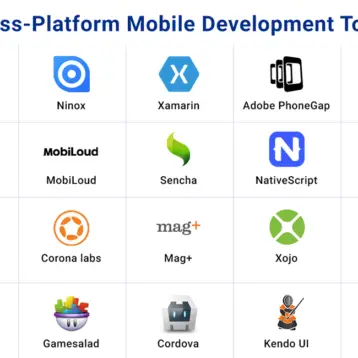Many websites have privacy policies listed for each site user to see. In fact, some places require certain websites and types of websites to have a privacy policy listed. It is just as important, however, to list a privacy policy for a mobile app as it is for a website. Advertisers and affiliated companies often take advantage of user information available to them. A privacy policy tells the user what is done with their personal information. Things such as IP addresses, names, telephone numbers, and addresses can all be tracked from the web or through a mobile app, and a privacy policy lets users know how much of their data is tracked and how it is used.
Make the Most of Your Data
One of the many benefits of placing a privacy policy on your mobile app is the organization of information. In order to create your privacy policy, you need to find out what kind of information your mobile app collects and how it is used. If you are using the information for marketing purposes, such as sending out promotions or offers to consumers, you can see how the data from your app is used and how you can make the most of it. Seeing how you utilize data that you collect can show you how you are underutilizing it, according to BusinessWeek. Providing a privacy policy on your mobile app will help understand, communicate and serve customers better. You can easily make your own privacy policy with a personal privacy policy generator, which can show you how you are using your data.
Privacy Laws
In many jurisdictions, it is a legal requirement to have a privacy policy listed on your mobile app. In California, for instance, the Online Privacy Protection Act (CalOPPA) was put into place to protect consumers’ rights. According to Iubenda.com, simply having apps targeting Californians, or apps that Californians might use, requires a full disclosure, such as a privacy policy. While this might not seem like a big deal to one who does not live in California, it is a requirement that should be adhered to. Some companies have been charged or fined because they did not comply with CalOPPA. Both the Federal Trade Commission and the Attorney General of California have been advocates for privacy policies on mobile apps. Even the Better Business Bureau (BBB) requires businesses to have a privacy policy, according to their website. If your app targets consumers, then it is likely that you need a privacy policy.
App Stores and Third Parties
Another thing to consider when developing a mobile app is how to market that app. Placing an app on one of the big App markets is an easy way to get it out there, but without a privacy policy, you could be liable for information that ads from those stores gain from your app. For instance, many ads use mobile analytics or ad networks to collect data about consumers via mobile web browser and mobile apps. The biggest six companies that market apps have come to a settlement regarding privacy policies, and are beginning to make privacy policies a requirement when approving apps. One of the issues with this is that every privacy policy is different, because it is based not only on the app itself, but also the marketing techniques of the app and how that uses information on the consumer.
Consequences
Many developers do not include a privacy policy because it is time-consuming or not heavily enforced. However, you can use a personal privacy policy generator to create one for you own mobile app. Some companies have had to spend hundreds of thousands of dollars for settlements because their apps or websites did not have a privacy policy. In this day and age, a privacy policy is a must for mobile apps.










